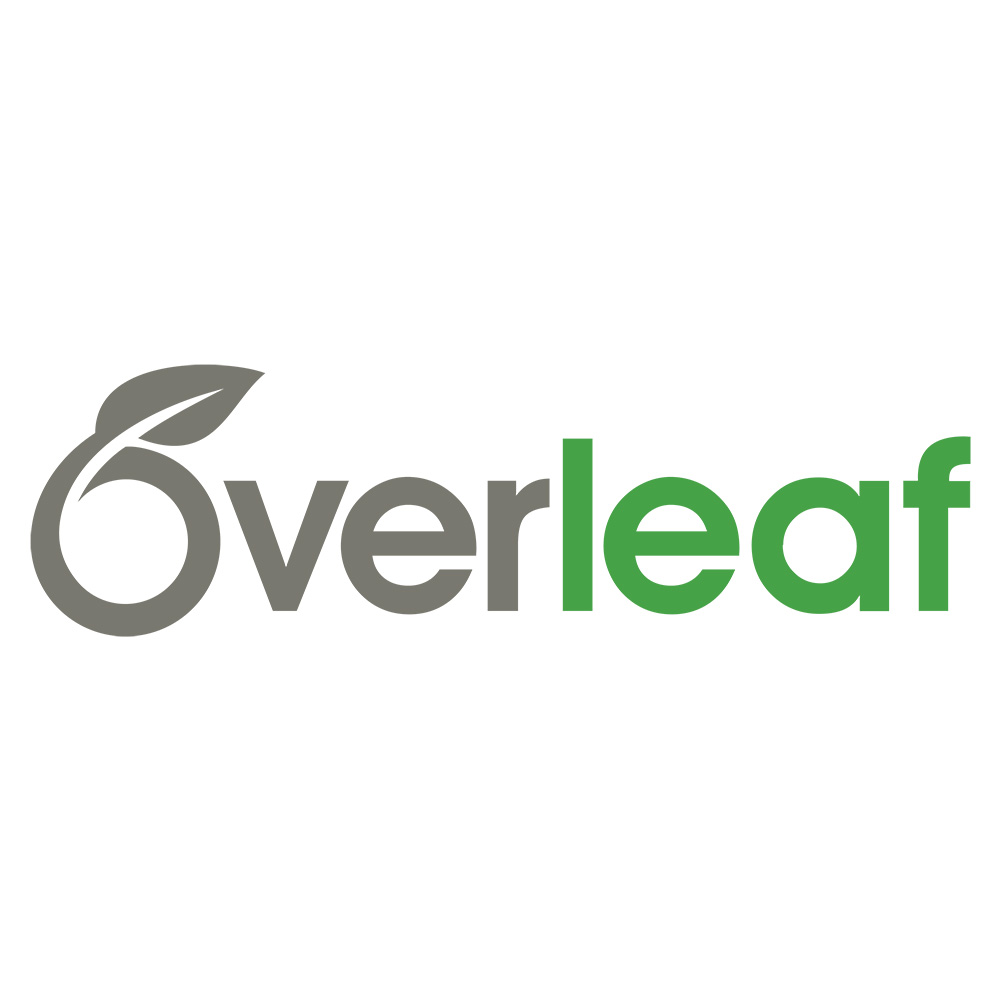Last year, when Peerwith management asked me whether I could revise a paper written in Overleaf — an online LaTeX editor for the production of technical and scientific documentation — I saw it as a learning opportunity.
Working as an academic editor through Peerwith.com meant I dodged the many changes and challenges the majority of people faced in 2020. With the onset of the pandemic and a lockdown across Canada (and much of the world), the slowdown in my work was only temporary, and I was already working from home anyway. Once university researchers and writers adjusted to the new pandemic paradigm, they resumed turning out interesting research papers they wanted to see published. That’s where Peerwith and editors like me came in. I not only got down to business, but also ramped it up, mainly by adding a new skill to the many services I provide to my clients. I checked out a tutorial on YouTube and found it looked straightforward enough. I also remembered what my math-whiz editor friend Julie Cochrane said about “reading around the code” (reading the words of text and ignoring formatting code), and decided I was ready to take on my first assignment.
Why use Overleaf?
Editing in Overleaf is particularly handy for clients who write in LaTeX for its formatting capabilities — for example, economists and statisticians who include tables, figures and equations in their manuscripts. Overleaf’s online editing program allows editors to work on papers written in LaTeX code and to provide markup and recommend changes similar to how Track Changes and Comments work in Word.
The alternative is to work on PDF files, which is slow and tedious for editors. Working directly on PDFs also slows down an author’s review as they must cross-reference the markup and comments they see in a PDF file with their LaTeX file and make any revisions manually.
Overleaf features
In Overleaf, authors can see the revisions in markup and either “accept” or “reject” them using a single keystroke, which is similar to Word. A “comments” pane allows editors to query their authors or suggest alternative ways to phrase passages (also similar to Word). At the click of a button, all of these changes can be compiled in a corresponding rich text file (RTF), providing a clean copy that editors can easily check over. If errors have been made or more revisions are required, editors can simply switch back to the source file to make these adjustments.
Overleaf also allows editors to export a clean PDF file for their clients, which I generally do after making three editing passes through a file and tidying everything up.
The value of Overleaf proficiency
From an editor’s point of view, Overleaf requires a sharp eye and the ability to navigate between files written in different formats. However, Overleaf is easy to use and doesn’t take long to master. It requires no installation, offers real-time collaboration, and version control.
Overleaf’s biggest advantage for editors is that it is more direct than working on PDFs; for authors, it’s faster and easier to revise each draft. It also speeds up the process of swapping manuscripts back and forth through various drafts prior to sending them off for publication.
A caveat here is to ensure the author’s writing is well-organized. That is, if you wouldn’t edit their paper in PDF, then you definitely wouldn’t take on the same project in Overleaf as it’s more complicated and difficult to navigate.
As technologies continue to evolve and workplace dynamics undergo a major shift, I’ve found it worthwhile to learn a new skill and adapt to a world where change is a constant.
Have you learned any new skills recently that will give your editing career a boost? What training did you receive?
___
Previous post from Glenna Jenkins: Peerwith.com: A Peer-to-Peer Editorial Platform
The Editors’ Weekly is the official blog of Editors Canada. Contact us.
Discover more from The Editors' Weekly
Subscribe to get the latest posts sent to your email.

